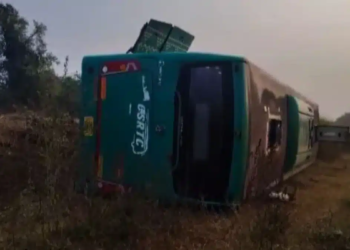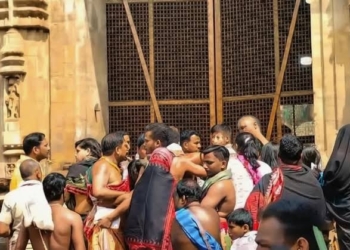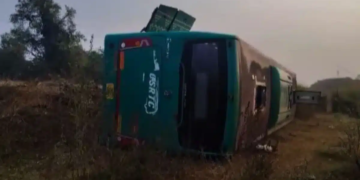The Supreme Court on Monday said that the confusion over the ongoing Special Intensive Revision (SIR) of electoral rolls in poll-bound Bihar stems primarily from a “trust issue,” and urged political parties to “activate themselves” instead of relying solely on litigation.
A bench of Justices Surya Kant and Joymalya Bagchi was hearing petitions filed by political leaders from Bihar, who had sought an extension of the September 1 deadline for filing claims and objections to the draft list published by the Election Commission of India (ECI).
The court, however, noted the ECI’s submission that claims and objections could still be submitted even after the deadline. The ECI clarified that these would be considered even after the rolls are finalised, up until the last date of filing nominations.
Justice Surya Kant remarked that the issue was less about deadlines and more about confidence in the process. “This unfortunate trust deficit…we can ask the district legal services authority to provide volunteers to bridge the gap,” he said, according to LiveLaw.
The apex court, in its order, recorded:
“As regards extension of time, note says that filing of claims/objections or corrections is not barred after 1 Sept. It is stated that the claims/objections/corrections can be submitted even after the deadline and the same will be considered after roll has been finalized. Process will continue until the last date of nominations and all inclusions/exclusions are integrated in the final roll.”
Accordingly, the court directed that claims and objections may continue to be filed. It also asked political parties and petitioners to submit affidavits in response to the ECI’s note.
To improve transparency, the bench requested the Executive Chairman of the Bihar State Legal Services Authority to issue instructions—preferably by Tuesday noon—to all district authorities to notify para-legal volunteers. These volunteers, whose names and mobile numbers will be made public, are expected to assist voters and political parties in submitting claims, objections, or corrections, including through online systems.
During arguments, Senior Advocate Rakesh Dwivedi, appearing for the ECI, told the court that political parties were mostly filing objections for deletion of voters rather than claims for inclusion, calling this “very strange.”
Advocate Prashant Bhushan, on the other hand, flagged concerns about transparency, saying the ECI had issued an Aadhaar inclusion order only on August 22 but was not adhering to its own manuals.
The matter will now be taken up on September 8, when confidential reports from district judges—based on feedback from para-legal volunteers—will be placed before the bench for consideration.





























